Key focus areas for home learning - Early years
Early Years – Preschool and Reception
The way in which your pre-schooler engages with other people and their environment through playing and exploring underpins their learning and development.
In the Early Years curriculum their learning is categorised in to two main areas – Prime and Specific. The Prime areas are crucial and develop quickly in response to relationships and experiences which support the learning in all other areas. The Specific areas are the essential skills and knowledge which grow out of Prime areas and provide a context for learning.
Prime Areas
Personal, Social and Emotional Development
- This area develops children’s positive sense of themselves. It teaches them to have respect for themselves and others and crucially develops their social skills.
- Create an ‘I can’ book. You can scribe your child’s achievements, add photos or they can draw pictures. This encourages them to talk about their own abilities and develop that positive sense of self.
- Playing turn taking games, working together to complete a jigsaw, discussing the feelings of characters in books and articulating yours and their emotions all help to develop their understanding of their own feelings and those of others around them.
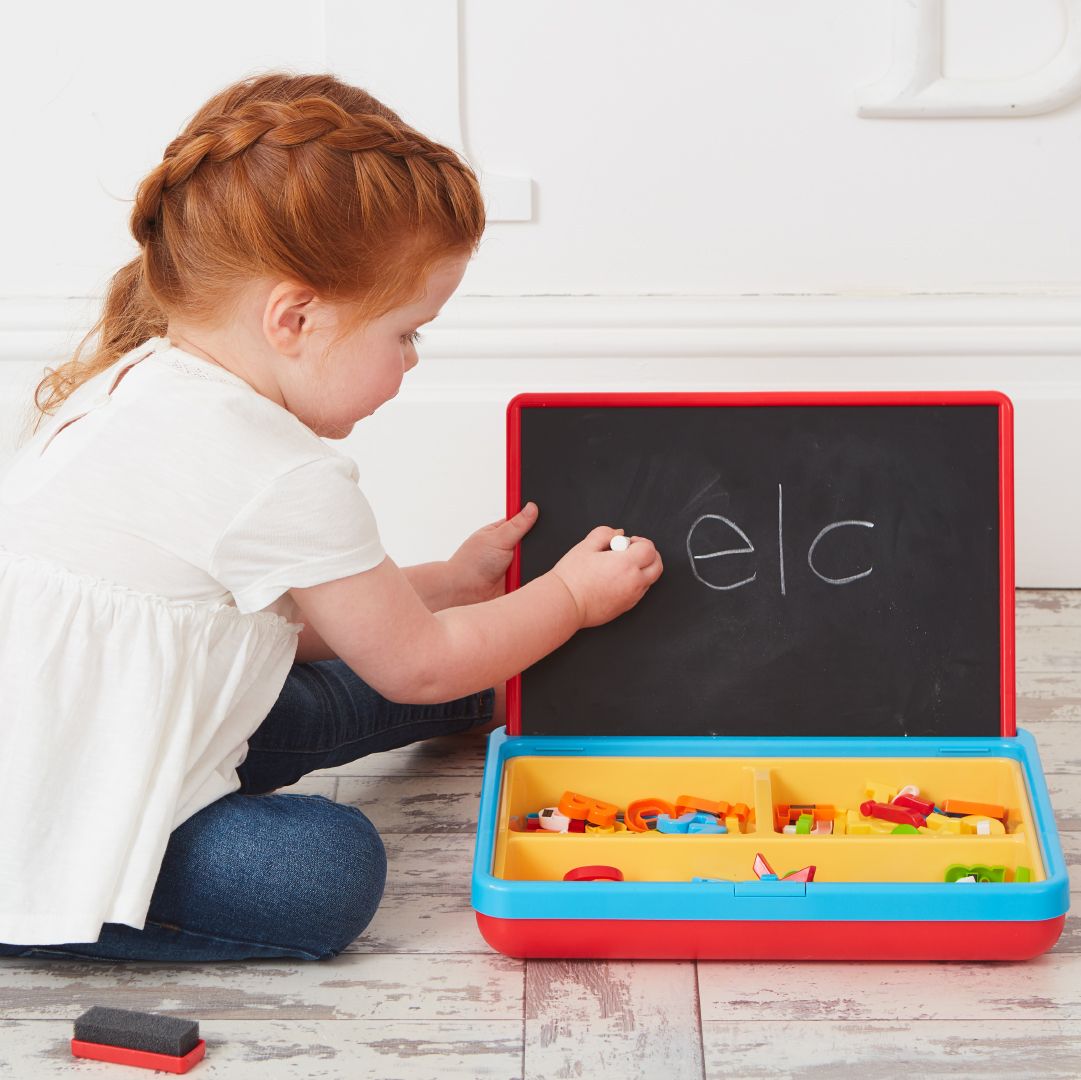
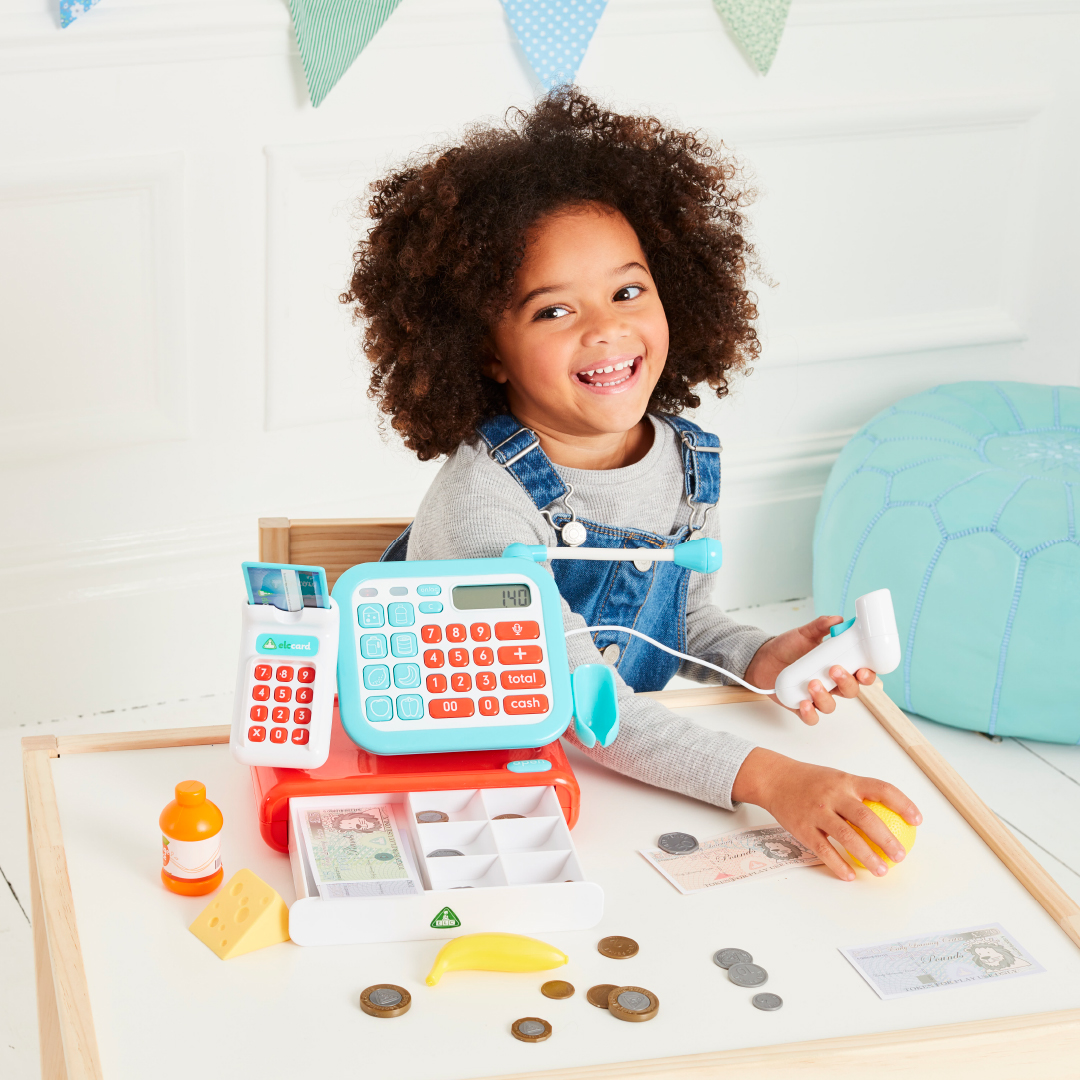
Communication and Language
- Providing opportunities for children to experience a rich language environment and to encourage them to practise their own speaking and listening skills.
- When completing any tasks at home eg cooking, gardening, sorting the washing, cleaning provide a running commentary and encourage them to support you in these jobs.
- Role play games such as shops with items in your cupboard, vets with their toys, mechanics with their cars will all provide opportunities to build up their vocabulary and allow them time to practise conversational skills.
Physical Development
- This area provides opportunities for children to be active and develop their co-ordination, manipulation and movement. It also develops understanding of the importance of being physically active and healthy eating.
- Getting outside every day, no matter what the weather, is vital for their physical skills. Children need to be exploring their environment and building up their muscles at every opportunity. As well as gross motor skills such as running, jumping and climbing it is equally important to spend time developing their fine motor skills, the control and co-ordination of their hand muscles. This can be achieved through squeezing playdough, threading beads, using tweezers to pick objects up, cutting with child size scissors, playing with wind up toys, etc.
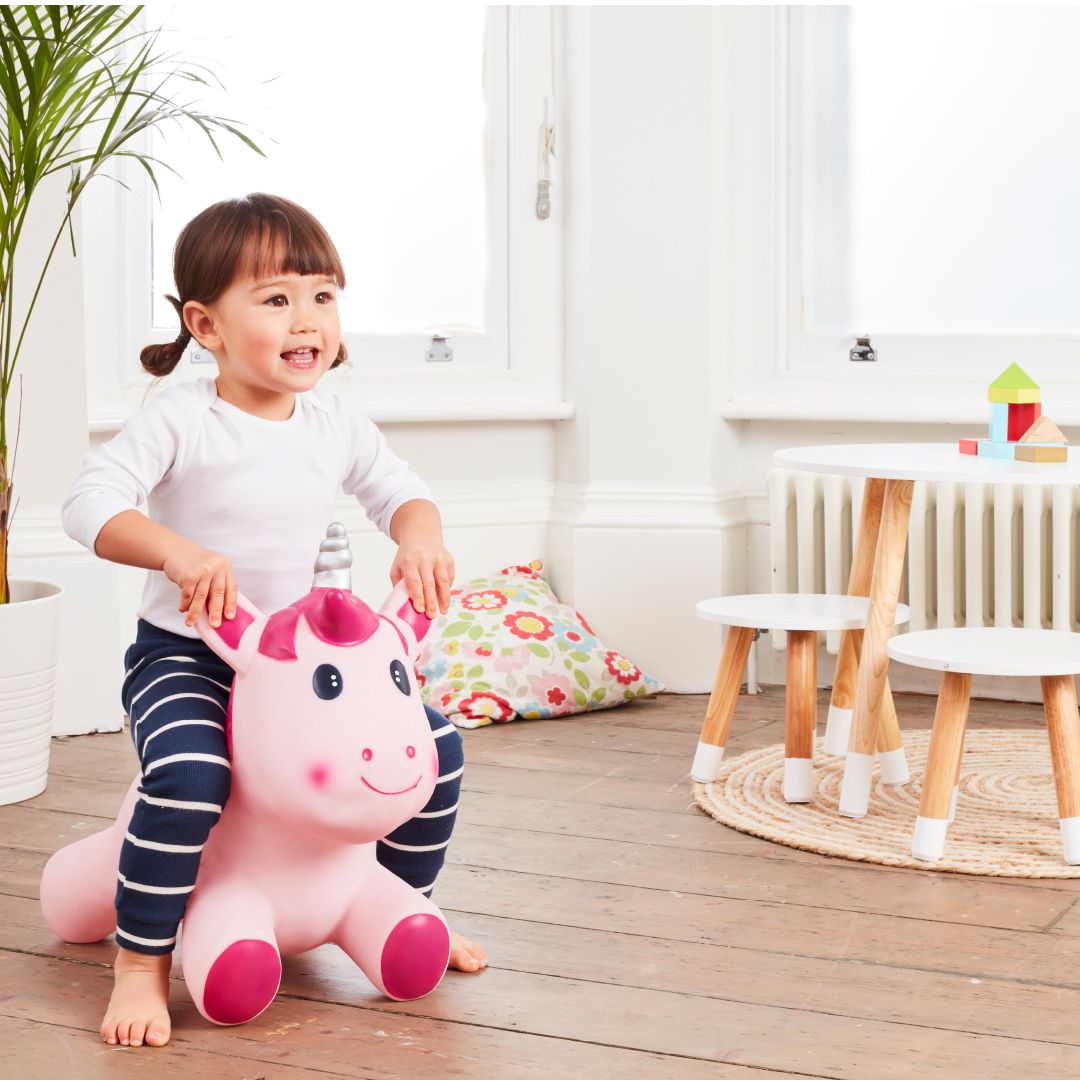
Specific Areas
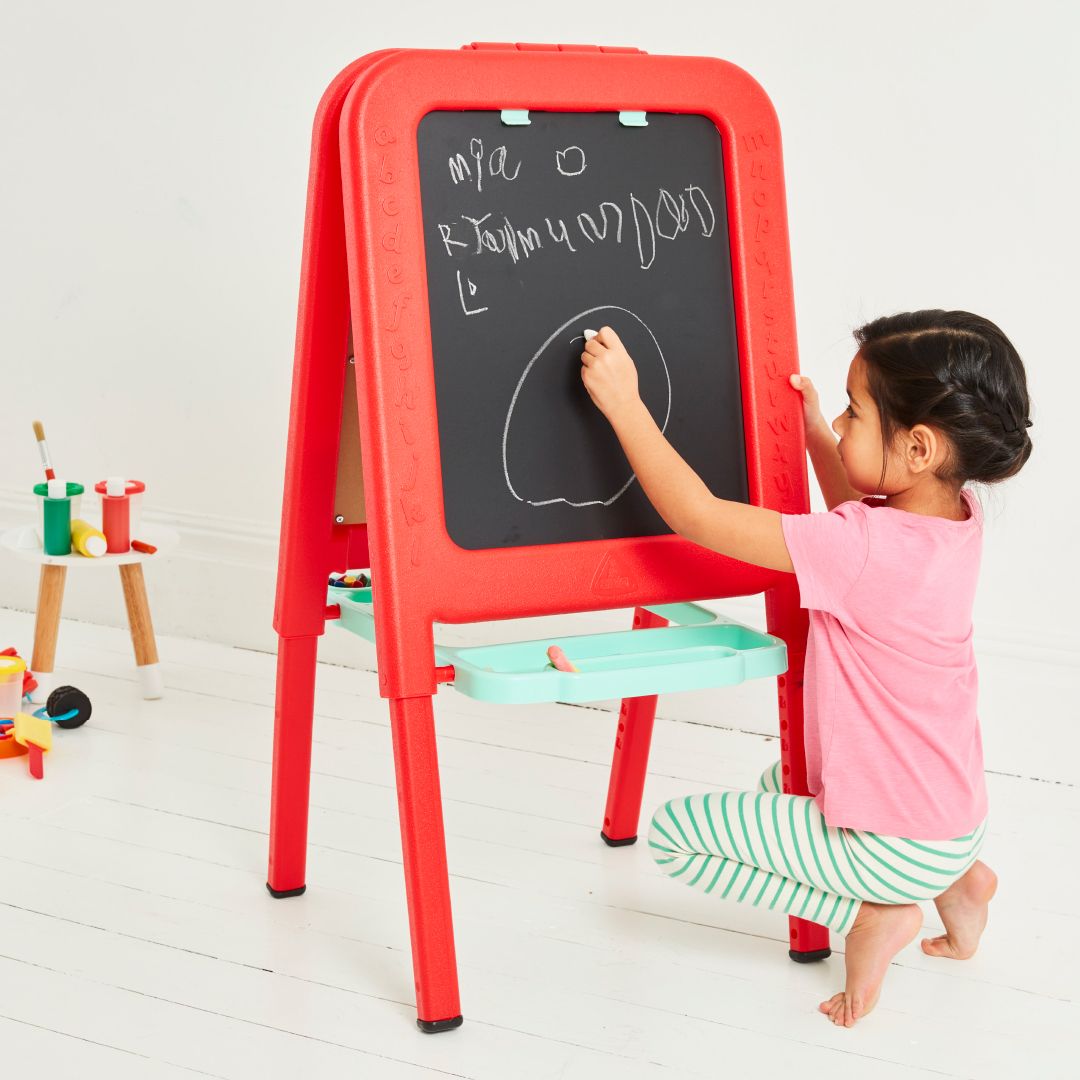
Literacy
- If supporting children at Preschool and Reception age, Literacy skills encourage children to link sounds and letters and begin to read and write.
- Read a variety of books every day and talk about the story together. Discussions could be based around - What does your child like about the story? What do you think will happen at the end and why? What is a particular character feeling? Where is the story set? Have we read any stories similar to this one before?
- Talk about the story language, for example ‘Once upon a time’. Reread familiar stories and encourage them to join in. Create a story map with simple pictures depicting what happened at the beginning, middle and end of the story. Then use it to retell the story.
- Rhyming stories are great at providing opportunities to guess the next word.
- Use non-fiction books to find out about something your child is interested in.
- Playing with magnetic letters and writing in front of your child will support their learning of letter sounds and encourage them to have a go themselves. Provide lots of opportunities for them to practise mark making eg creating shopping lists together, writing letters to friends and family, taking orders for lunch, adding their name to their paintings, etc.
Mathematics
- Focussing on counting, understanding and using numbers, calculating simple addition and subtraction problems and exploring shape, weighing, measuring, time and money.
- Mathematical learning can form part of your every day activities. These could include counting the number of forks needed if setting the table; how many apples are left in the fruit bowl?; estimating how many cars would fit on the toy garage then checking by counting; adding and taking away using dolls, dinosaurs, counters; playing snap with number cards; spotting numbers on doors when out for a walk; timing how long it takes to get dressed in the morning – is it quicker than yesterday?; weighing ingredients for a recipe; measuring which is the longest dinosaur using cubes or comparing them to each other; playing shops, reading the price tag and using 1p and 2p coins to buy items, etc.
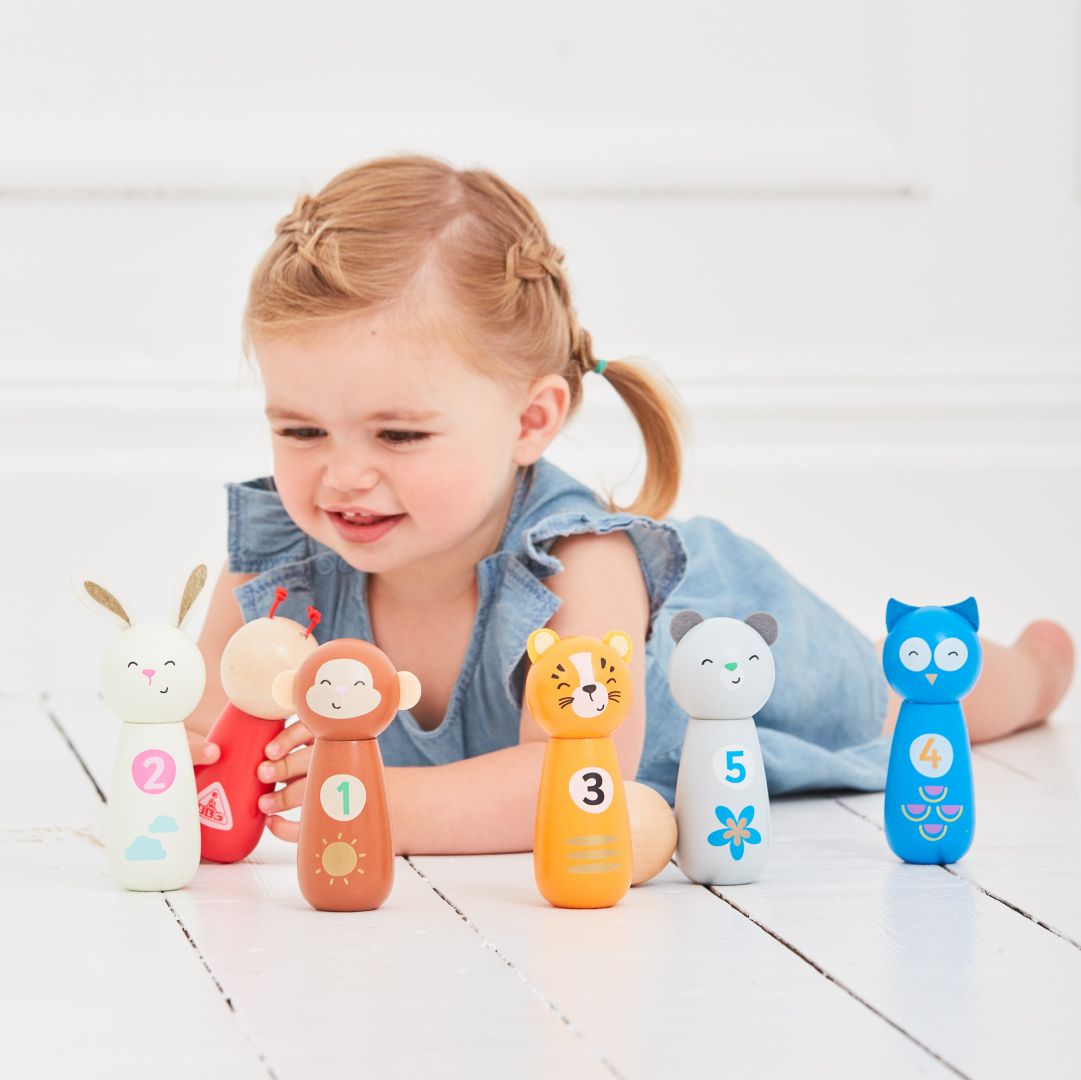
Click here to read more about learning and development...
 Free Click & Collect within 30 minutes
Free Click & Collect within 30 minutes
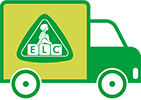 Free delivery on orders over £49.99
Free delivery on orders over £49.99
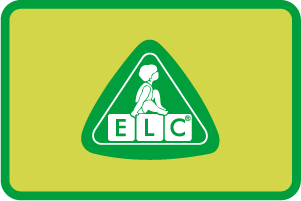 Gift Cards available
Gift Cards available




